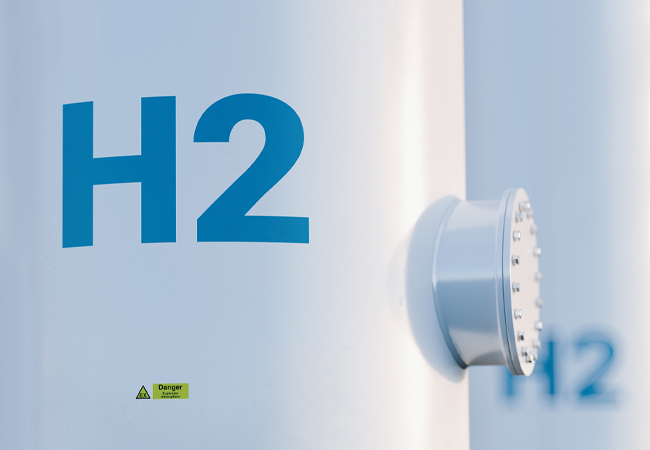
Blending hydrogen into the gas grid may not be the best use of the fuel, according to a new report that calls for a focus on end uses that deliver the widest decarbonisation benefits.
The report by the National Engineering Policy Centre (NEPC) says hydrogen is likely to play a ‘critical role’ in a net zero energy system. However, the partnership of 42 professional organisations, led by the Royal Academy of Engineering, warns that achieving this goal will rely on a ‘rapid scaling up’ of low carbon hydrogen infrastructure. It says production should be focused on end uses where greatest gains can be delivered in terms of wider-system decarbonisation.
Given that the availability of low carbon hydrogen will be ‘limited’ while production is scaled up, the report recommends that the fuel be used where it is the only available low or zero carbon option, and where it can achieve the highest carbon savings and cost efficiencies from a whole-system perspective.
As a short-term measure, blending may not be the best use of available hydrogen, given that there is a lack of low carbon alternatives in other areas, such as some industrial processes.
The report also flags up risks that consumers will have to pay more for heating because of the high cost of producing low carbon hydrogen, delaying decarbonisation of heat by locking in demand for gas boilers.
However, blending could help hydrogen production get off the ground by creating an ‘off-taker of last resort’, it added, reducing the risk for investors by providing a constant demand.
The NEPC report also calls for further assessments to establish standards to safeguard health and safety in hydrogen production, transportation, storage, and end use.




